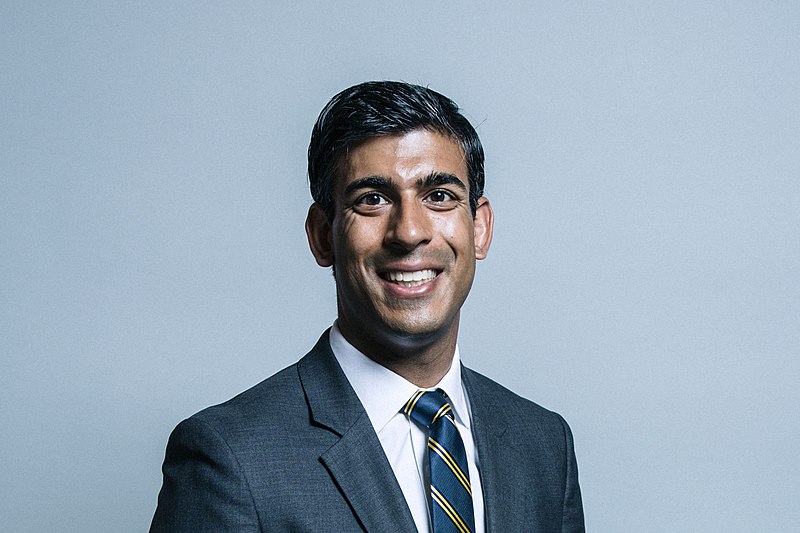
Prime Minister Rishi Sunak has definitively stated that there will not be a general election on 2 May, coinciding with the scheduled local elections. While earlier this year, Sunak hinted that the'
general election might occur in the latter half of 2024, recent speculation in Westminster suggested the possibility of an earlier ballot.
However, in an interview with ITV News West Country on Thursday, Sunak firmly dismissed the notion of polling day coinciding with the first Thursday in May. He emphasized the upcoming elections for police and crime commissioners, local councils, and mayors across the country, stating that a general election would not be added to the agenda for that day.
Responding to inquiries about the timing of the next general election, Sunak emphasized the importance of the choice when it does occur. He also addressed attempts by the Labour Party to stir speculation about an imminent election, attributing it to their desire to deflect questions about funding their spending commitments.
In the United Kingdom, general elections, which determine Members of Parliament, are held every five years. While the latest legally permissible date for the next election is 28 January 2025, Sunak retains the authority to call one earlier.
Had a spring election been under consideration, 2 May would have been a plausible date, given the concurrent local elections. However, in theory, Sunak could still opt for an election in April or later in May. The process of calling an election involves the prime minister requesting the monarch to dissolve Parliament, followed by the election taking place 25 days later.
Labour's election coordinator, Pat McFadden, emphasized the public's expectation for an election to be called by 26 March and held on 2 May after what he described as 14 years of Tory failure. Meanwhile, Liberal Democrat leader Sir Ed Davey accused the prime minister of evading a May election out of fear. Photo by Chris McAndrew, Wikimedia commons.



































